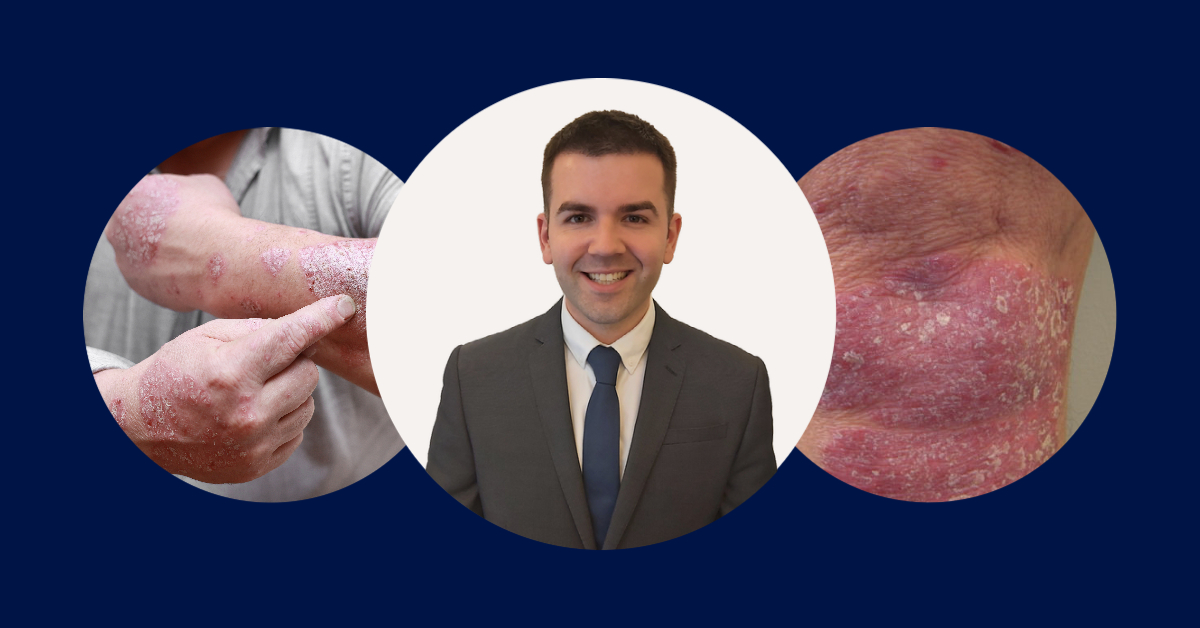Staying Healthy This Summer with Dr Laura Ringland, Private GP
20th, Jun 2023

As the weather gets warmer and the sun comes out, it is important to remind ourselves of how we can keep our children happy and healthy this summer. Summer brings in a range of health problems from headaches, skin rashes and sunburns to more severe issues like chickenpox, mumps, and more. So, we spoke to Private GP, Dr Laura Ringland who shares her advice on how to keep our children safe this summer.
Sunburn - Some symptoms of sunburn include reddening of the skin, fatigue and mild dizziness. To protect your child from sunburn, apply sunscreen on the exposed areas of their body 30 minutes before they go out in the sun. Remember to re-apply regularly throughout the day and always re-apply after your child has been in the water, even if the lotion claims to be waterproof. Remember to pay extra attention to areas which are often missed such as the nose, cheeks, around the hairline, ears and tops of the feet. Severe sunburn can lead to heat exhaustion and heat stroke which can be very dangerous. Seek urgent medical attention if your baby or young child appears to be sunburnt.
UV Rays - Protect your child’s skin and eyes from harsh sunlight by using a sunscreen with at least SPF30 and one that offers effective protection against both UVA and UVB rays. Encourage your child to wear protective eyewear; wraparound-sunglasses are great for kids as they prevent the sun’s rays from getting through the gaps between the frame and arms of the glasses.
Heat stroke - Heat stroke is common during the summer months; it can affect the normal function of the body in minutes and if left untreated can be fatal. Symptoms of heat stroke in children include a high body temperature, flushed, hot skin, vomiting, diarrhoea, rapid heartbeat and breathing and weakness/dizziness. A more subtle sign of heat stroke in babies and infants is irritability. Older children may appear to be confused and agitated. To avoid heat stroke, avoid letting children play outside between 11am and 3pm as this is when the sun’s rays are strongest. If you suspect heat stroke, seek emergency medical attention. Whilst awaiting medical assistance, bring your child indoors to a cool area and cool their skin with a cold sponge or cloth. Avoid pushing oral fluids unless the child is conscious and fully alert.
Skin rashes - Heat rash, also known as prickly heat or miliaria is common and is caused by blocked sweat ducts. This can be very itchy. To calm the itch, apply a cold cloth or an icepack wrapped in a towel and try to pat the rash rather than scratching it. To prevent heat rash, dress your child in loose cotton clothing and use lighter bedding during summer months.
Water intake - One of the biggest dangers of being outdoors in the summer is dehydration as our bodies naturally lose a lot of moisture during the summer. Breastfed babies do not need any water until they’re eating solids. In hot weather, babies will want to breastfeed more often, so it is important that Mum stays well hydrated. For bottle fed babies, as well as usual milk feeds, you can give your baby some cooled boiled water during the day. From 6 months, offer your baby sips of water from a cup/beaker throughout the day. From 12 months, you can try lollies made from very diluted juice. Older children can be encouraged to sip from flasks and these should be refilled regularly with fresh, cold water.
Chickenpox - Chickenpox is more common in spring and summer months. It is highly contagious from 2 days before spots appear until they have all formed scabs which is around 5 days after spots appear. Chickenpox can be dangerous in non-immune pregnant ladies (those who haven’t had the infection or vaccination) so if you are pregnant, have been in contact with a child with chickenpox and are unsure as to whether you are immune, a blood test can be performed by a GP to assess your immune status.
Mumps - Mumps is contagious in nature and gets transmitted when an infected person coughs or sneezes. Some of the symptoms include swollen salivary glands, muscle ache, fever, headache, loss of appetite and weakness. The best way to prevent the spread of mumps is through vaccination.
Get in touch!
If you have any concerns or worries regarding your child’s health and wellbeing and would like to book an appointment with one of our GPs, please text BOOKGP to 66777 or visit kingsbridgeprivatehospital.com for further information or click here.
Recent Articles

